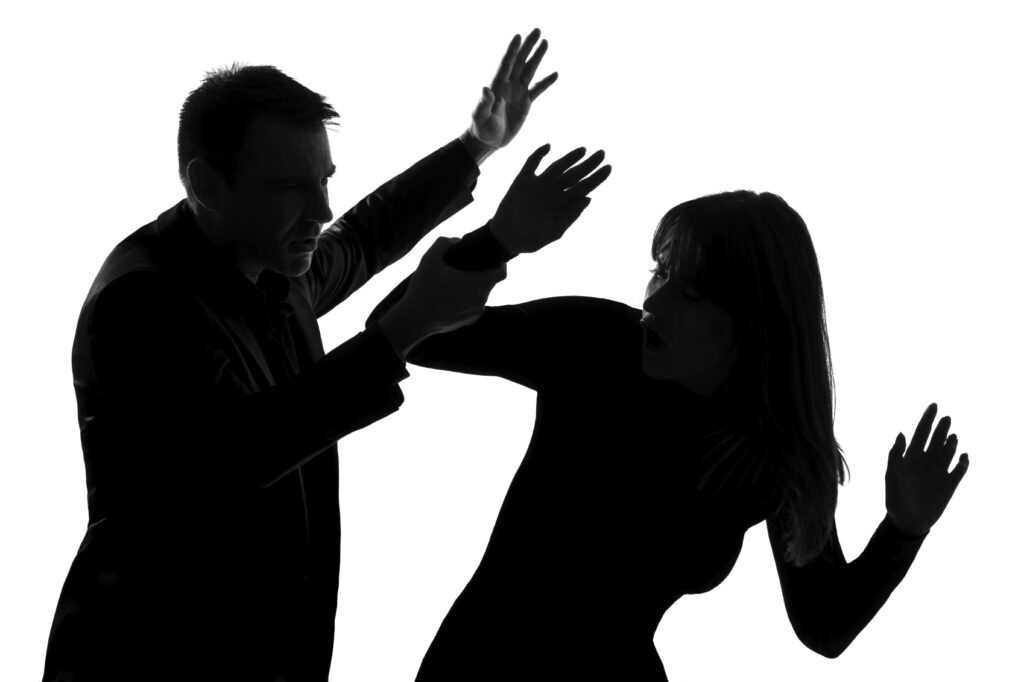
How To Help a Friend Who Has Been Sexually Assaulted
 If you have a friend who has trusted you enough to tell you about their recent sexual assault, a rush of different feelings may be traveling through your head. Your friend is a victim of a very violent crime that had impacted their life forever, and being understanding through this time is exactly what they need. But what are the first steps you should take to help your friend?
If you have a friend who has trusted you enough to tell you about their recent sexual assault, a rush of different feelings may be traveling through your head. Your friend is a victim of a very violent crime that had impacted their life forever, and being understanding through this time is exactly what they need. But what are the first steps you should take to help your friend?
After the assault takes place, you could discuss with your friend whether or not they are going to file a report with the police. It is their choice to make but remember – they only have seven days to do so, so a decision will be needed. If they believe they may be interested in filing a report, the best place to head is to a local emergency room. They will be able to collect evidence in multiple ways that are beneficial to your friend’s future case.
For instance, the emergency room staff could perform a forensic medical exam also known as a rape kit. They will collect evidence against a perpetrator up to seven days after the assault. The survivor should not shower, use the restroom, brush their teeth, or change clothes after the assault takes place. If rape occurred, the doctor may want to test for STI’s or recommend testing in the future, as well as prescribe emergency contraception if there was a pregnancy risk. Finally, an advocate may be provided. Many hospitals will provide somebody who can talk to your friend and provide support during the process. The advocate may also provide information regarding legal rights and options to press in the future.
What Are Some Helpful Things I Can Say to My Friend?
- “I’m sorry that this happened to you.”
- “It isn’t your fault.”
- “I believe you.”
- “You are not alone.”
- “Are you open to seeking medical attention?”
- “You can trust me.”
- “This doesn’t change how I feel about you.”
What Are Some Things You Should Never Say to a Suffering Friend?
- “What were you wearing?”
- “What did you do to lead them on?”
- “Were you drunk?”
- “Were you flirting with them? Did you give them the wrong impression?”
- “Why didn’t you fight back?”
- “Are you lying?”
More Things You Can Do To Comfort a Friend
The best thing you can do is listen to a friend. This means that you should truly hear what your friend is saying and make sure that you take time to gather your thoughts before you respond.
It also pays to remind your friend that it isn’t their fault. Never, under any circumstances, put the blame on the friend that it happened to. There was nothing they could say or do that made them deserve this situation and the responsibility always lies on the rapist.
Remember to help establish safety by listening to your friend and not saying the wrong thing to them. Ask your friend if they are able to walk to class or work without becoming fearful of their lives and try to help them manage this. You can help accompany them when they run errands if it makes them feel better, or turn on lights in their apartment before they arrive home. Don’t be afraid to offer resources such as the National Sexual Violence Resource Center.
